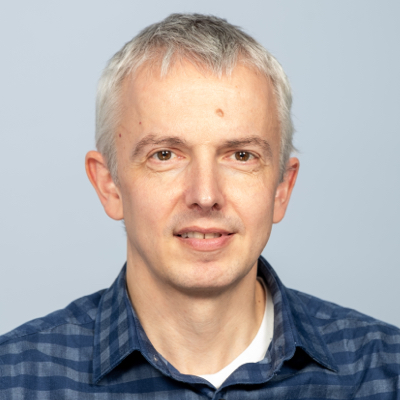December 21, 2012
The Los Angeles Times’ Tracy Wilkinson conducted a rare interview with Miguel Facussé Barjum, considered by many to be the most powerful man in Honduras, and also believed to be behind the killings of dozens of campesinos in the Aguan Valley, where Facussé has extensive land holdings. He has been the subject of much recent scrutiny, as Wilkinson notes, especially following the assassination of attorney Antonio Trejo Cabrera, who worked on behalf campesino organizations in the Aguan. Wilkinson describes some of the allegations and criticism leveled at Facussé from members of the U.S. Congress and human rights organizations:
In October, shortly before he lost reelection, U.S. Rep. Howard L. Berman (D-Valley Village) took the unusual step of singling out Facusse in a letter to Secretary of State Hillary Rodham Clinton. Berman demanded a major overhaul of U.S. policy toward Honduras, including suspension of aid to human rights abusers. He repeated Trejo’s accusation, calling for an investigation of Facussé.
“It is breathtaking that Facusse has been so untouchable,” said a House of Representatives staffer with knowledge of the issue, who spoke anonymously in keeping with Washington protocol.
The New York-based Center for Constitutional Rights, in filings with the International Criminal Court, alleges that Facusse may have committed “crimes against humanity” in the killings of Trejo and several peasant farmers.
As we have previously noted, Facussé has admitted the killings of some campesinos by his security forces. A 2011 human rights report from the FoodFirst Information and Action Network, the International Federation for Human Rights and other groups details a number of killings, kidnappings, torture, forced evictions, assaults, death threats and other human rights violations that victims, witnesses and others attribute to Facussé’s guards. In May this year, Reporters Without Borders declared Facussé to be a “predator” of press freedom. Facussé’s response has sometimes been to threaten to sue for defamation. As he explains in the LA Times article, “He said he considered suing Berman but was advised by friends that legal action would be a waste of time.”
Perhaps seeing the limits to suing for defamation when the allegations are supported by evidence, Facussé, it appears, wanted to sit down with Wilkinson in order to set the record straight. He explains that, while yes, his airplane was “was used to illegally carry the foreign minister out of the country against her will” during the 2009 coup d’etat; and yes, drug planes have used his property to traffic cocaine; and yes, he normally keeps a pistol on his desk; and yes, he “keeps files of photos of the various Honduran activists who are most vocal against him,” and yes, he was aware of the plans for the 2009 coup in advance – he’s misunderstood. One has to appreciate the tremendous pathos as Facussé laments, “My name is mud all over the world,” he said. “I’m the bad guy in the world.”
And
As for the allegations of involvement in the lawyer’s killing?
“I probably had reasons to kill him,” he said, “but I’m not a killer.”






